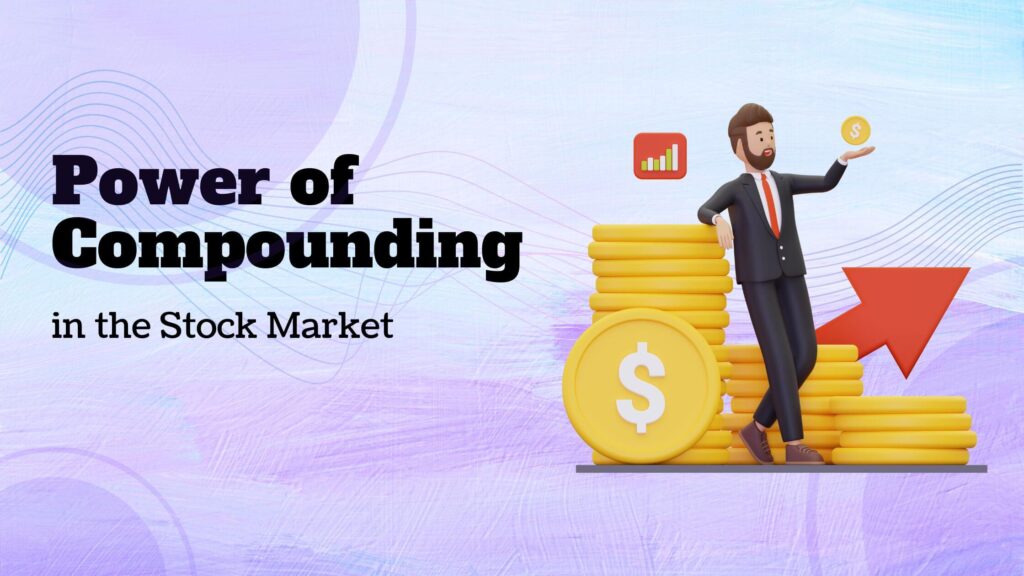
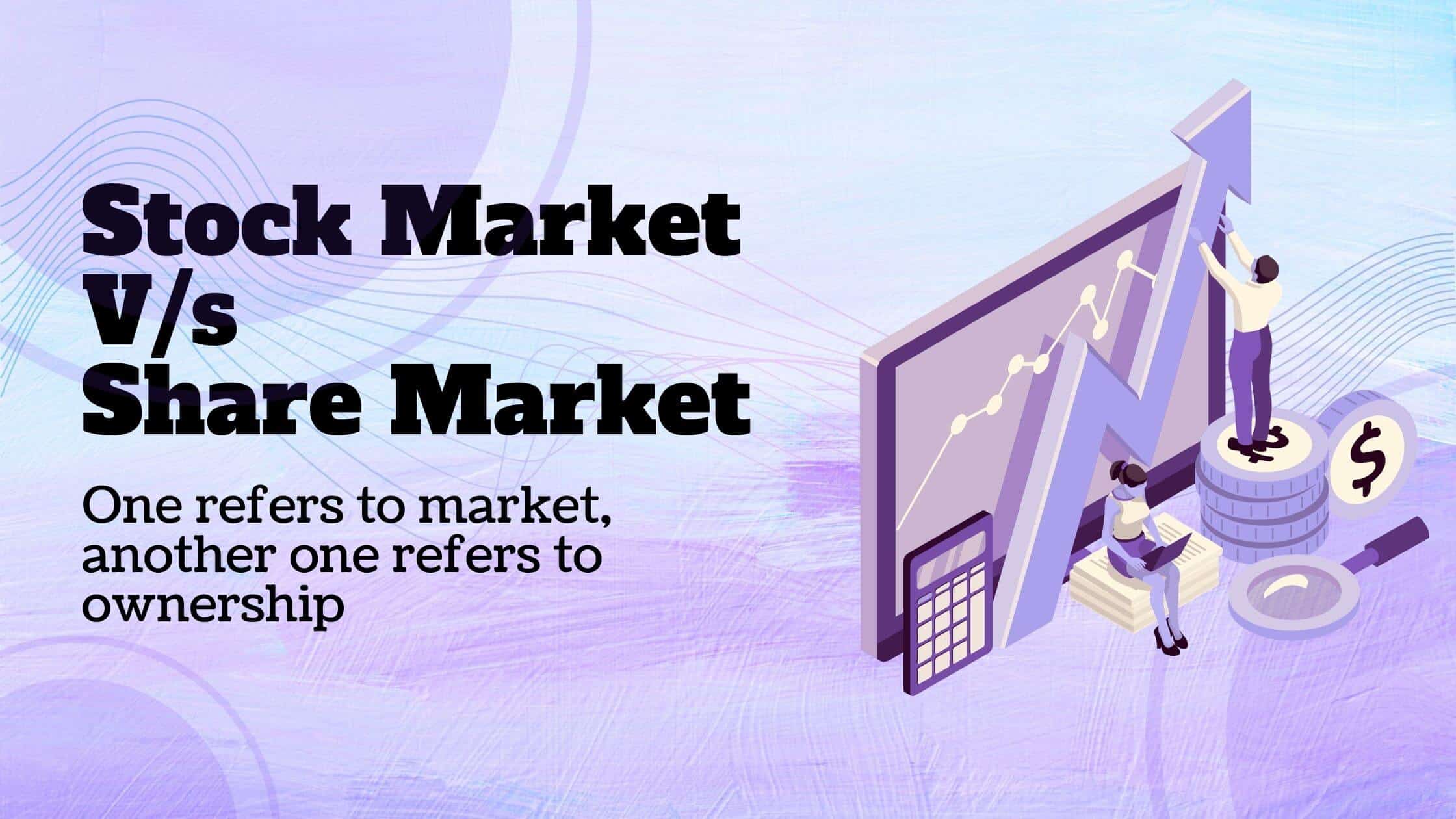
The share market and stock market are just two sides of the same coin. I have seen plenty of people who use these terms simultaneously. The difference between the stock market and share market is very narrow. The stock market vs. share market is just like the orange vs. malta fruit pair. The actual share market meaning is where buying and selling take place.
Have you ever questioned whether the share market and stock market are the same? Then they are not the same, but investors usually use them for the same purpose. Although they have the same meaning in most cases, their meaning is slightly different.
Stocks are a broader term that can be used for other financial instruments, but shares are specific to a company and determine the investment in monetary terms.
In this blog, we will see the share market and stock market separately. We will also see when to use the stock market or share market.
To make it more understandable, let’s understand stock and share separately.

Yes, the stock is a broader term in comparison with the share. “Stock” represents the ownership interest in the financial instrument of the company. This financial instrument can be anything like a mutual fund, ETF, Mid-Cap Stocks, etc. Stocks can also be termed as an investment in one or more companies.
For example, if you were to say, “I own stock in HDFC Bank.” This means you have invested in a banking company named HDFC Bank. Your investment can be of any type. It can be debt investing, equity investing, or a mixture of both, which we call hybrid.
For example, if you were to say, “I own mid-cap stocks.” This means that you have invested in not just one company but many companies that belong to the mid-cap class.
A share is the smallest unit of a stock, which also determines the company’s ownership. Each share has the smallest unit, called stock, which is equal to a piece of ownership in the company. Shares also specify the investment you have made in the particular company or business entity.
For example, if you were to say, “I own 10 shares of HDFC Bank.” This means that you have an exact number of shares, which can be calculated by comparing the total number.
Assume that you have invested in Apple shares and have 1 share of Apple Inc. Legendary investor Warren Buffet has also invested in Apple, and his company Berkshire Hathaway has almost 911 million shares of Apple. Now you and Mr. warren both have invested in the same company, but your shareholding percentage is different. Since his company has invested more, his shareholding percentage is way more than yours.
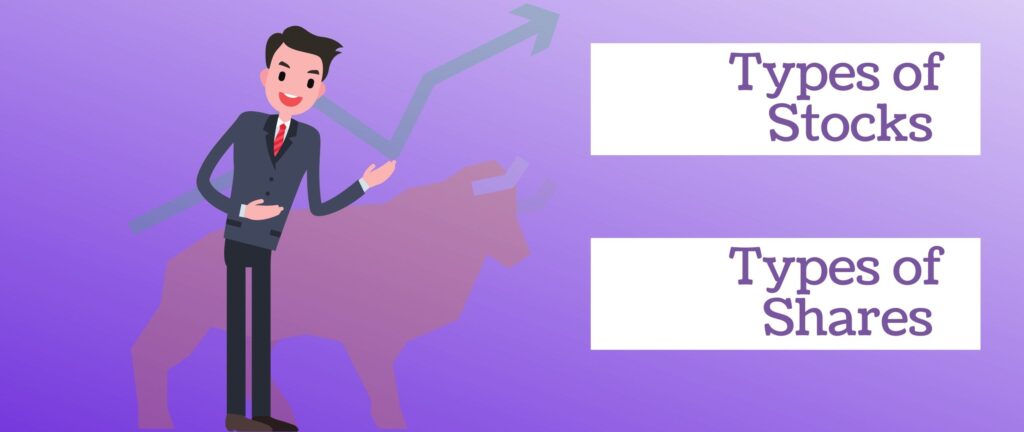
Now you have little idea about the stock and shares, let’s see their types.
Common Stock: This is the common stock that most of us own, and we get this from the stock exchange. Those who own this type of stock, actually have the right to vote in the meeting of the company and they also receive dividends at regular intervals.
Preferred Stock: Like common stockholders, these stockholders don’t have voting rights but they will get priority first if the company goes bankrupt. Their settlement will be done first.
Ordinary Shares: Common shares are a basic type of share that could be divided into different types depending on voting rights. For example, take Class A shares and Class B shares. One voting right may be granted to Class A shares. But Class B shares might get 10 voting rights per share.
Fact: One class A share of Berkshire Hathaway is priced at $4,04,485 which makes it the costliest share in the world whereas one class B share of Berkshire Hathaway is priced at $268.
Preferred shares: They are most like debt instruments which makes them less popular but those who preference shares will get the dividend payment before those who own ordinary shares. Preference shareholders also have the right to claim their money and assets of the company if the company goes bankrupt in the future.
Deferred shares: Those who own these types of shares have no right in voting and they can’t claim their money or the company’s asset
Non-voting shares: Those who own these types of shares have no voting rights in the company and they can be given to family members of promoters.
Redeemable shares: These types of shares can be repurchased by the company after a date or event.

Remember, in the above para I told you about the costliest share, Berkshire Hathaway.
Do you want that share? I want that share, but it is very costly.
It is priced at $4,04,485.
So what we can do is buy a fraction of it, which means we can buy 0.0001 part of one share, which will cost me $40.8.
This fractional share concept is popular in the US market but not in India.
I use the IND Money app to buy US stocks, and guess what? You can buy fractional shares too.
To get the Apple Share worth Rs.1000 for FREE! Click the below button.

A stock holder owns stock in a specific company, which can be different things. A shareholder owns shares of stock in a company, and owning stock doesn’t mean that you can claim the company’s assets and property.
A share is a more accurate term when relating to any company as it measures your owned shares while considering the total shares of the company.
Let’s say ABC Ltd. has only 100 shares and you have 5 shares of the same company. Now This simplifies that you own 5% shares of ABC Ltd.
While doing the calculation of shareholding percentage always remember that you have to percentage and percentage is always taken out form the figure 100.
So, stock is non-specific and share is a specific term with respect to the company.
According to the 2013 Companies Act, a share represents the ownership of a shareholder in a company. It can only be partially paid. Stock, on the other hand, is a group of shares that are converted into one fund and fully paid.
Now you have a little bit of an idea about stocks and shares, so it will be easy for you to understand the stock market and share market differences.

In general, the stock market is the market where buyers and sellers meet and transact with each other at a decided and specific price. The stock market also plays an important role in the working of the stock market.
Last week, I wrote an article on how the stock market works.
In India, NSE and BSE are two stock exchanges, or we can say that these are two stock markets where people buy and sell their shares. And not only shares, people can also trade in bonds, securities, and other financial instruments too.
This market has its own system which performs transactions and all events in the most efficient way.
SEBI, the principal, regulates the stock market to ensure transparency and all activities are in legal format. You cannot buy or sell stock that is not listed on a stock exchange.
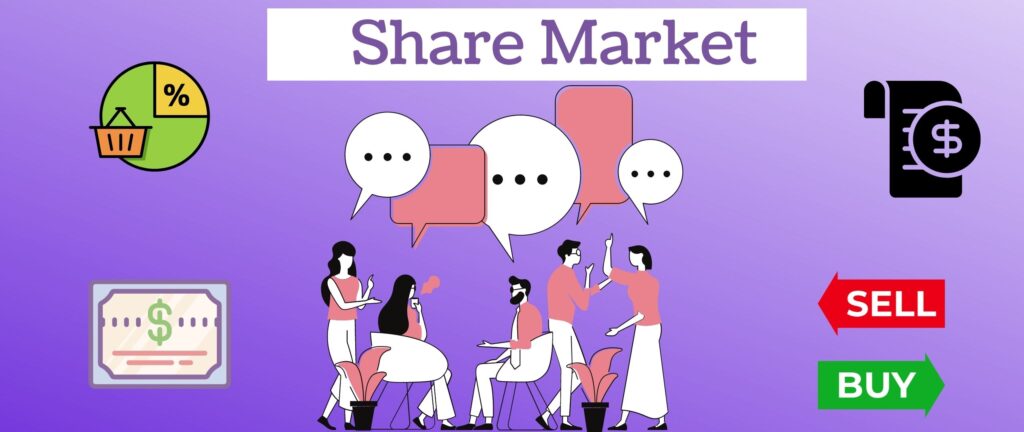
The share market is specific with respect to mutual funds, equities, and company shares. On the basis of which company shares will be valued. Every business needs capital and funds to grow so that they can expand in the market, so the business raises money or capital from the share market. Well, the share market has four participants. These participants are investors, SEBI, the stock exchange, and brokers.
If someone calls him/her shareholder of a specific company, then he/she means that they have invested a specific amount of money in the same company, and they can claim dividends, have voting rights, and can also vote in decisions.

My friend, you are not alone in this world who consider the stock market and share market as same. The difference between the stock and share markets is very blurry, or we can say it is minor to be a good investor. You should know that minor difference, and I hope I have helped you in the same. I want that you should know about these basic terms before you walk on the road of the stock market.
These terms are used interchangeably, but they differ in their operations. The demand for and supply of stock determines the price. While a company can issue shares directly, it cannot do so in a way that would allow for stock exchanges. A stock is a group of shares. Keep in mind, however, that stocks can have a very small value while shares may have a low value. Stocks, on the other hand, will always have a high value.
Today, the difference between shares and stocks is more about syntax. This is largely due to the context in which these words are used.
Both in American English and British English, the term “financial equity” is frequently used. These words refer to securities denoting investors’ ownership in public companies. These were called “stock certificates” and “share certificates” in the old days when physical certificates denoted share ownership.
Now you understand the differences between the stock market and the share market. Share this article with those who have confusion between stock and share market.
If you have any finance, stock, or investment queries, you can leave your comments. I will respond to them and try to give you the best answer.
Share this article with your friends.
Till Then,
Logging Out

Rupay Rajat is a financial and investing blog. I write about financial instruments and the stock market in the most easiest language.
Latest Post

Let’s Unveiling the Power of Compounding in the Stock Market
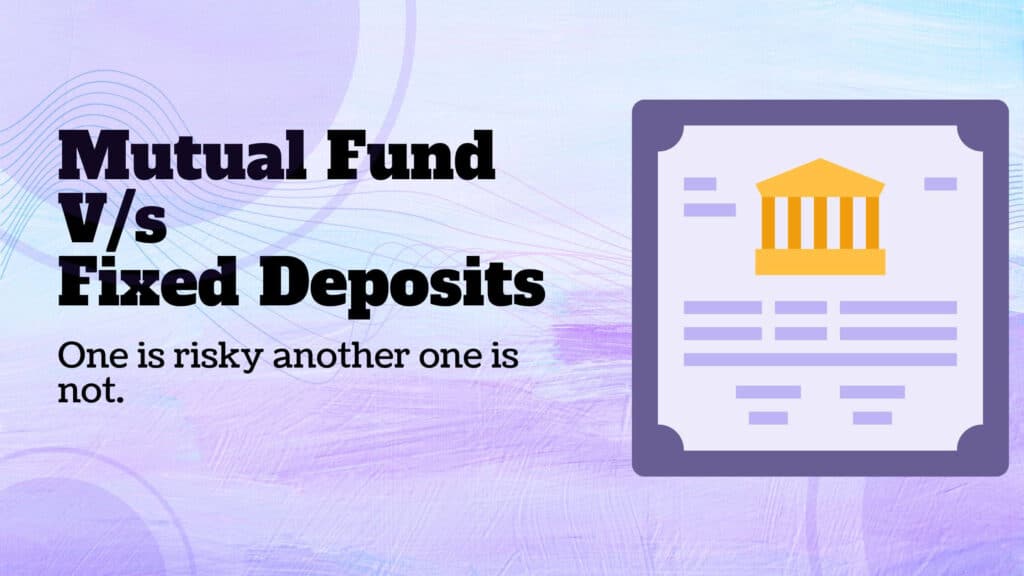
Mutual fund vs Fixed deposit – Where should you Invest?
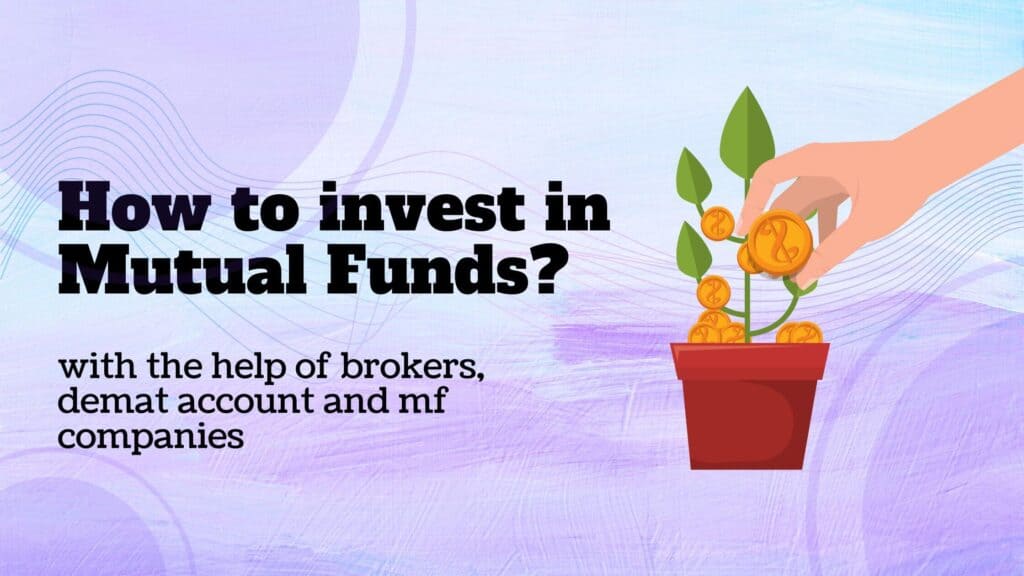
How to invest in Mutual Funds? Easy Ways to Invest
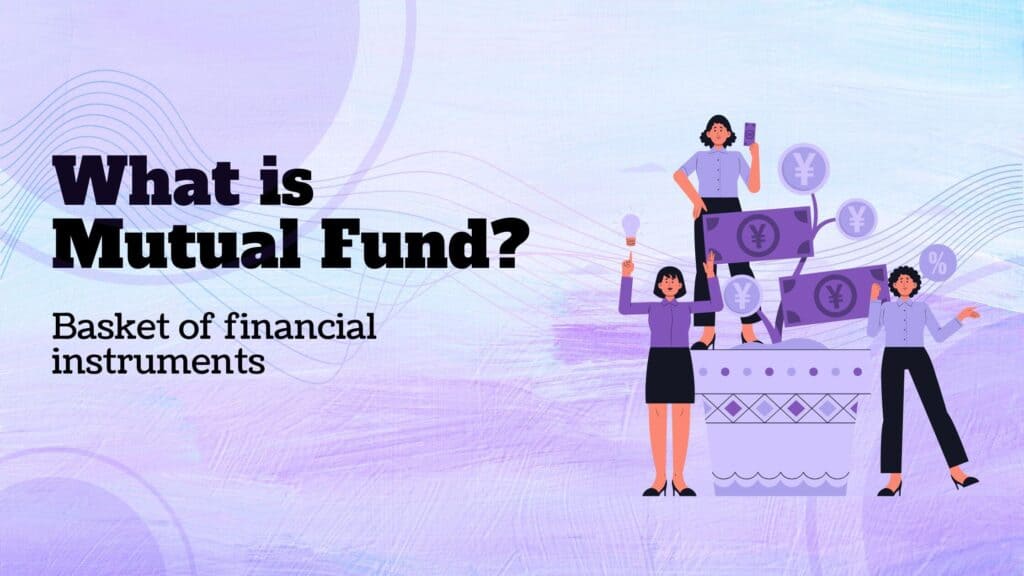
What is Mutual Fund? Simple Types of Mutual Fund

29 Best Stock Market Websites (Useful Websites and Apps)
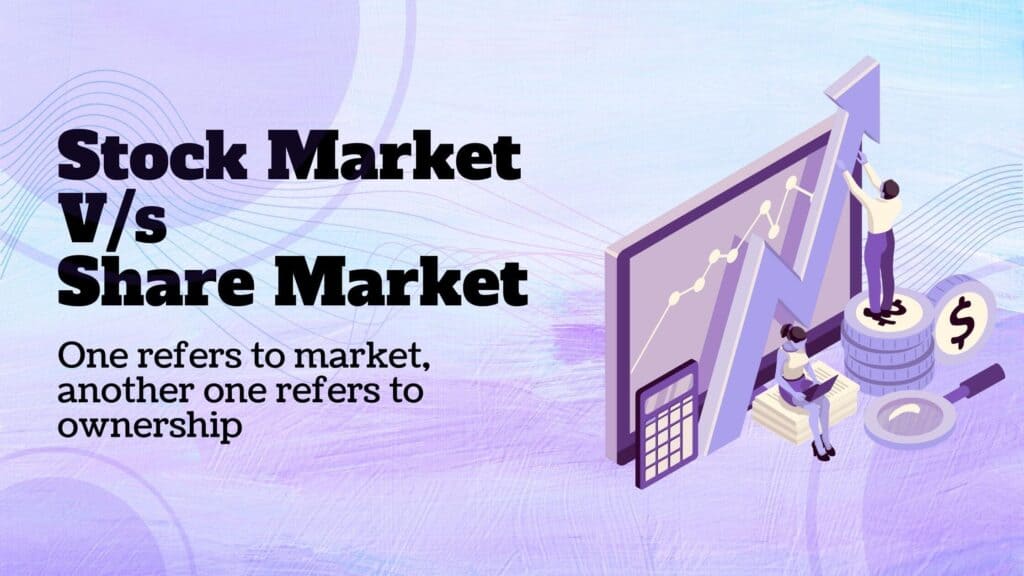
What is the difference between share market and stock market?
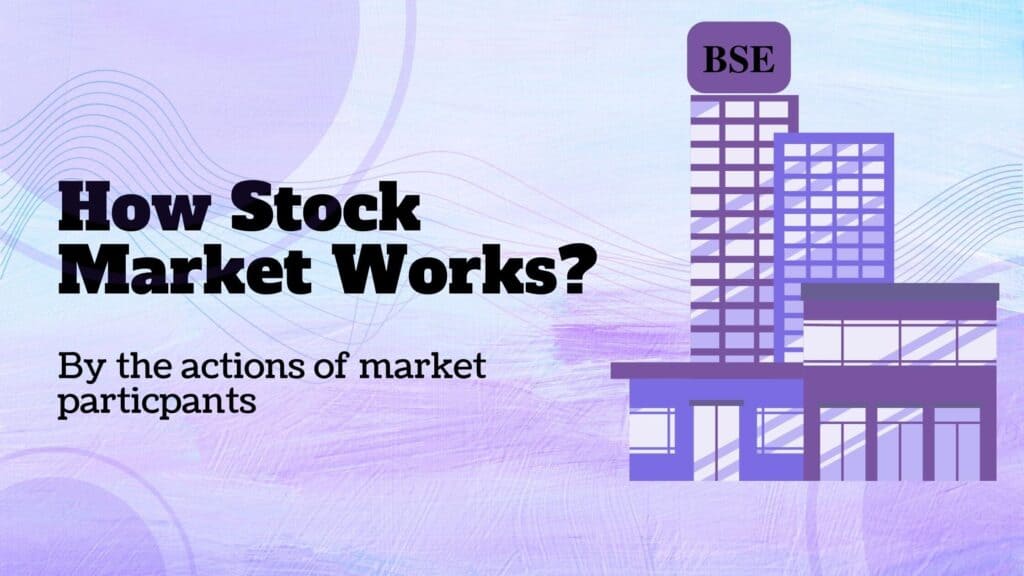
How the Stock Market Works in an Unusual Way
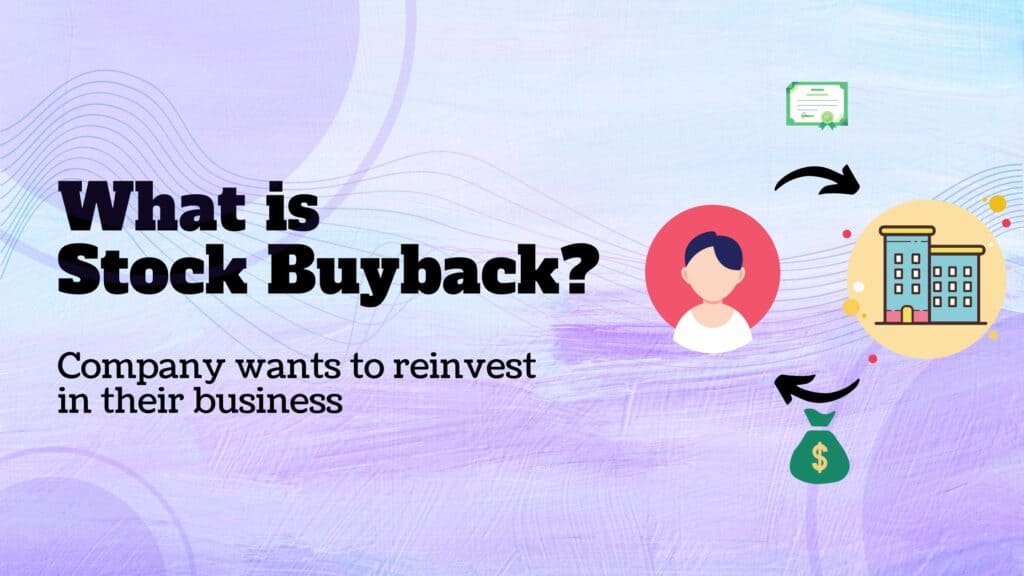
What is the Buyback of shares? What happens after Buyback?

What is Bonus Share? How Can I get One?
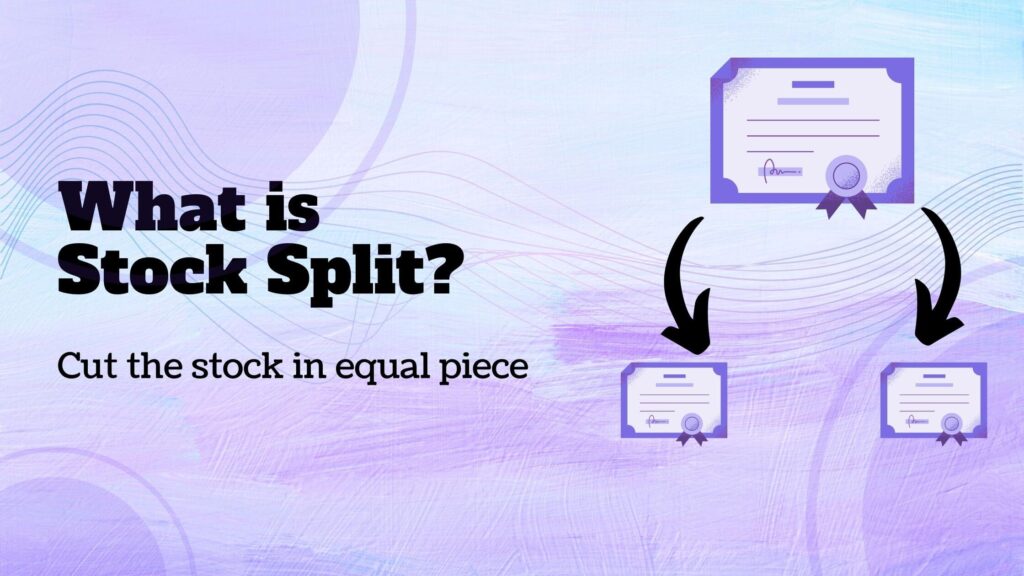
What is Stock Split? What will happen to shares after that?

What is the Book Value of a share? Valuation Metric of Share
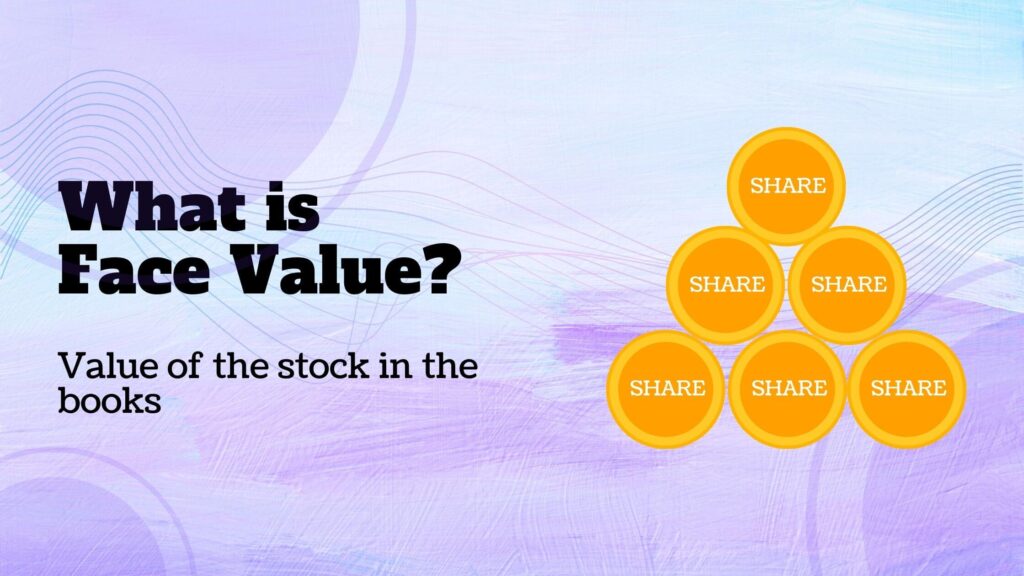
What is the Face Value of the Share? Importance, Example
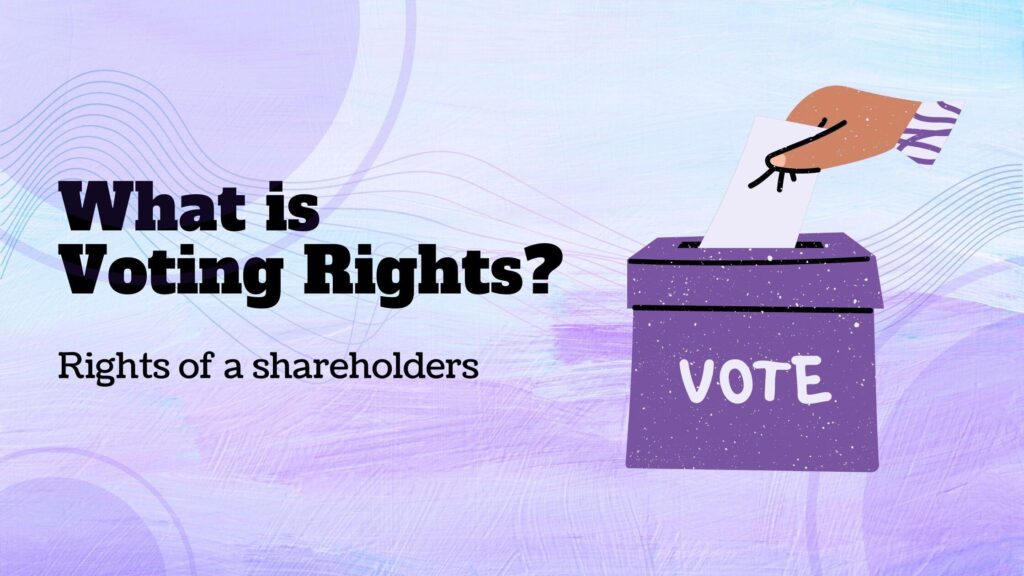
What are the voting rights of a shareholder? Importance

What is an Adjustable peg? Effect of Forex Market
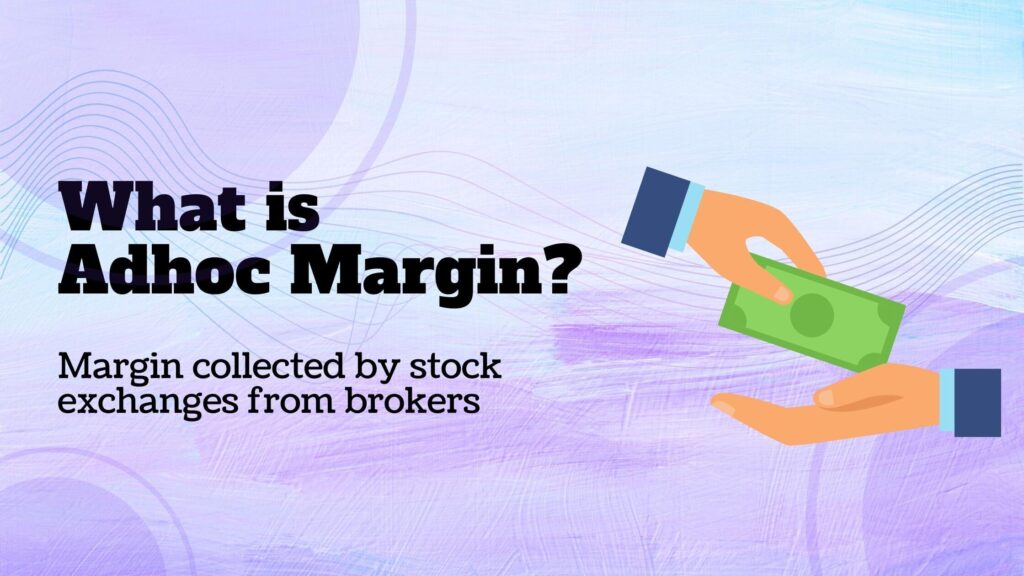
What is Adhoc Margin? Who Collects from Whom?